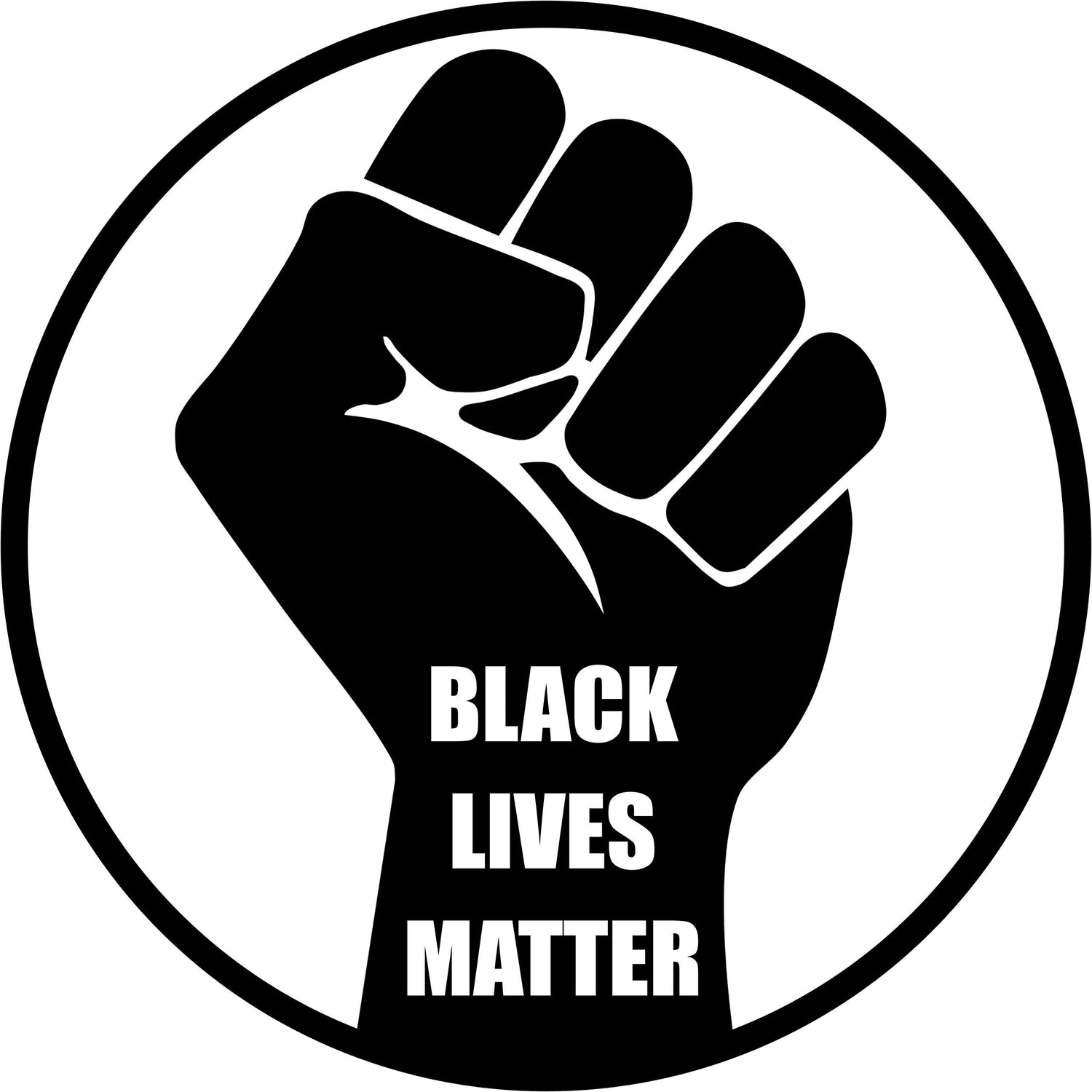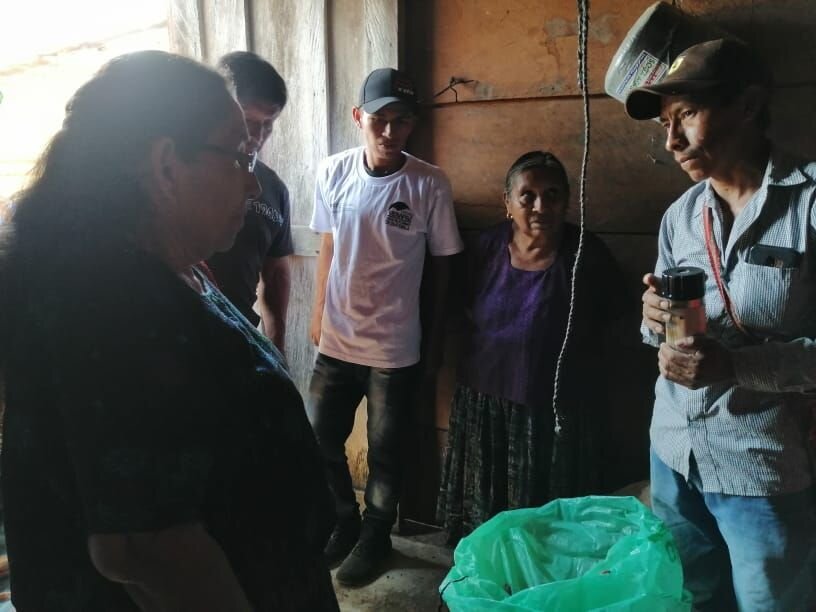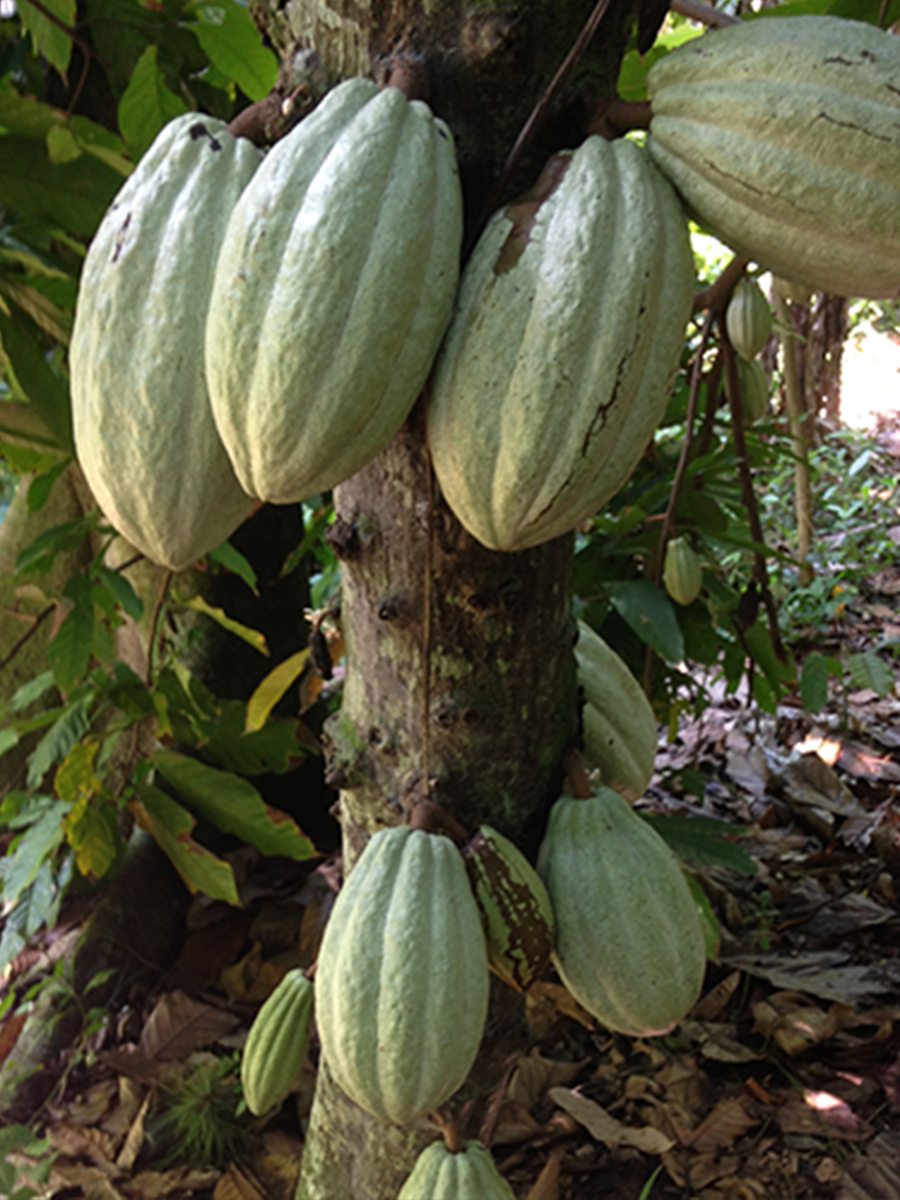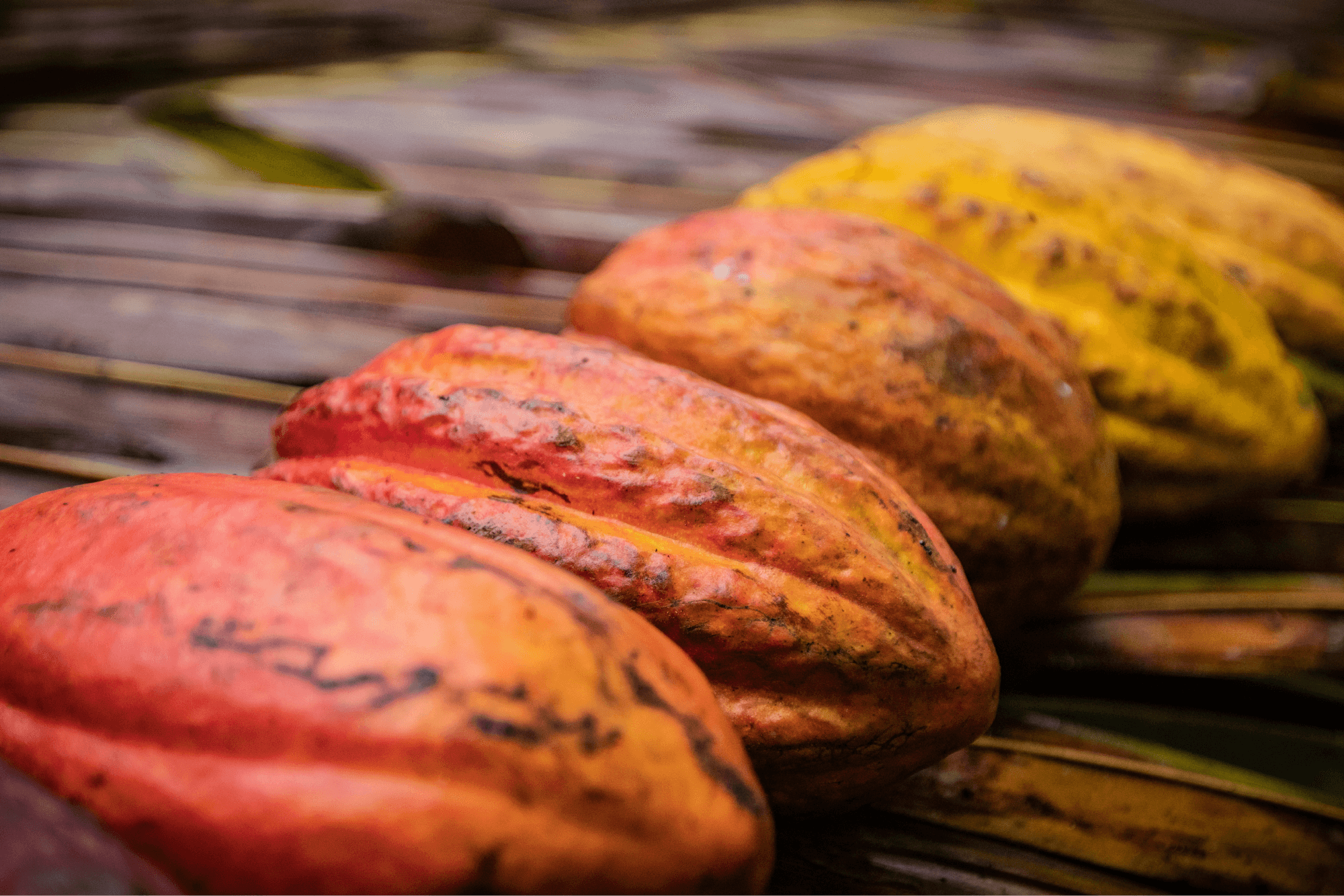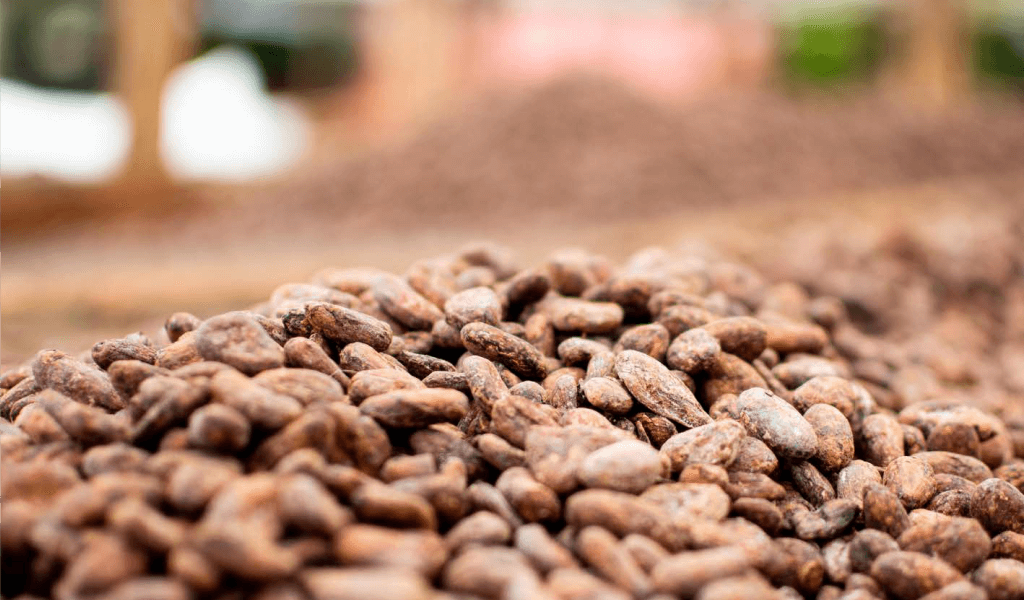It’s been over a year since the Black Lives Matter movement had renewed protests and calls for action and justice to be served over the unjust murders of George Floyd, Breonna Taylor, Ahmaud Arbory in 2020, only to name a few. And it may feel that in the time that has passed, some progress has been made. While externally we can point to a few key changes that have alleviated the social and civil unrest, the issues of racism, inequity, and injustice are still very present in our culture, our communities, and our lives. Without continuing to do the work, educate ourselves and advocate for change, we can become complacent and therefore complicit in the continued legacy of racism and white supremacy.
I would like to share some key learnings and tools I return to as I continue to advocate, educate and donate to anti-racist causes that are important to me. A year ago, Uncommon Cacao with FCCI started CISJ (Chocolate Industry for Social Justice). As this group found its footing and had global participation including producers in cacao exporting countries, we split into smaller groups to tackle specific subjects. The topic I passionately participated in was asking ourselves, how do we make the chocolate industry anti-racist? After 6 months of group meetings, we found that the topics of marketing, company culture, and industry inclusivity were critical in both continuing to build personal and industry wide education and change. In addition, many industries are adopting diversity and inclusion statements to which they can be held accountable. Here at Uncommon, we have been working on ours and will be publishing it by the end of this year.
Something that came up in our conversations was the tension between performative anti-racism and truly being anti-racist and how harmful performative allyship is. We saw many chocolate companies post a black square in solidarity with the Black Lives Matter movement, but little to no posts followed up on that. In cases where people were continuing to do the work internally, to build resources for supporting a diverse team and business, but didn’t know how to communicate that externally, we would say this wasn’t performative since resources aligned with that initial action. For some companies, however, the post of the black square was the whole story.
Over the course of sharing CISJ work with our partners and chocolate makers, many makers could point to ethical sourcing practices for their cacao and feel they were addressing systemic inequality through their business. This is, no doubt, one very important way to support decommoditizing cacao, but it’s not enough to address racism in our daily lives and culture. What can you do to diversify your team, your messaging, and your brand to be more inclusive?
Company culture was a topic we focused on and I’d like to share an example of an internal shift a company can make to foster a more inclusive company culture. At Uncommon Cacao, we have a monthly meeting to make safe spaces in the company available for having conversations about dealing with racism both internally and externally. By having these meetings on a schedule, we can focus on this topic and go deep. As a result, we have been able to talk openly about our company culture and make space to do this work together. This has shown up in taking the implicit bias test and carving out time to work on our DEI statement. We also worked through the “Decolonizing First” workbook together. One particular conversation we were able to have through these meetings was how to shift our hiring process to attract a more diverse candidate pool. Some changes we made because of this were to no longer ask for cover letters for all positions and tailoring projects to specific positions that could demonstrate skill level but not be too arduous on the input side for the candidates. We saw positive results from these changes and plan to keep implementing them.
Now is a critical moment in time when marketing, collaboration, and aligned external communications in support of the Black Lives Matter movement continues to make a difference. I think that by communicating our values with a zero tolerance policy towards racism and discrimination of all kinds, we shows the industry who we are as individuals, businesses, and brands. This makes it clear we are open to feedback, learning and committed to do the work as well since no process is fixed but always growing. By continuing to commit ourselves to learning, accepting our mistakes, and showing up to do better, we can make progress towards a more inclusive industry for all actors and people of all backgrounds to join.
Thanks for reading and my inbox is open to continue the conversations!
-Anjuli, anjuli@uncommoncacao.com
For more resources, support and reading, please check out the resources below!
Resources
-
policy changes + diversifying your teams are things business owners can focus on which the Biocaf article highlights as well as provides a framework to do a deep dive for better understanding the industry and the role one's company plays in either reinforcing or dismantling cultural oppression of people of color
-
feedback for small businesses are to address anti-blackness, keep learning, support policy changes that encourage diversification, and facilitate open conversations about Anti-Blackness
-
Dive into conversations on how to handle racism as a company - change starts at the top even in a 2 person company
-
make an explicit commitment to race equity
